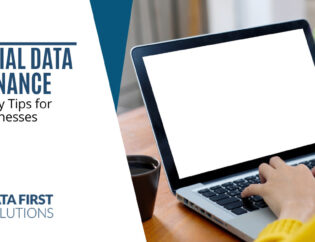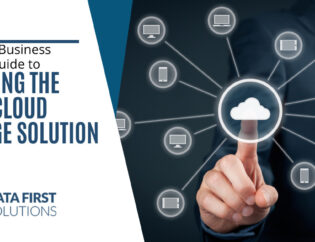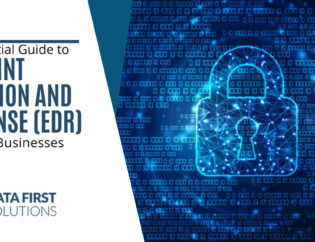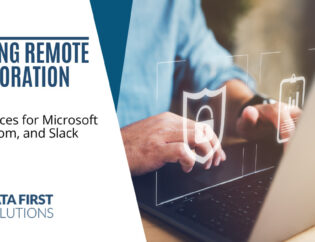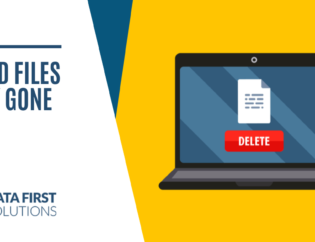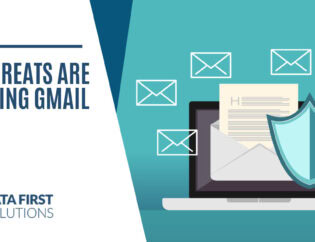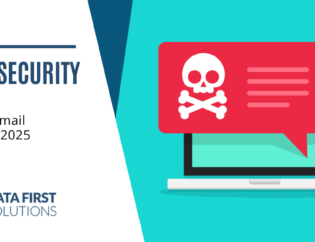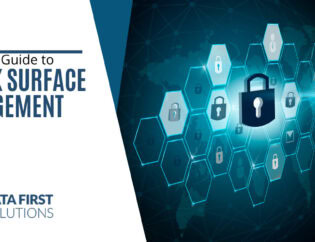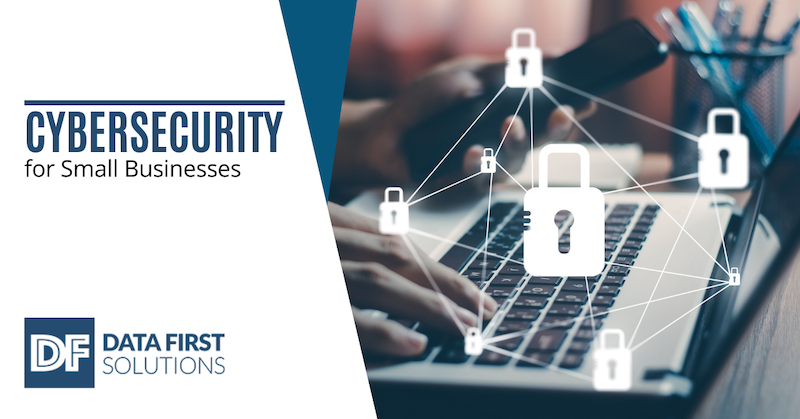
Cyberattacks can wreak havoc on any business, whether big or small. Even prominent companies have not been spared from the activities of cybercriminals. Despite their cybersecurity strategies, they have fallen victims to data theft and financial losses.
The significant differences between large and small businesses are human resources and financial strength. While a more extensive company can handle a security breach, small businesses may not have such ability. This is why for small businesses, it is cheaper to prevent an attack than to recover from it.
As a small business owner, you’ve already realized that time is money. Hackers are trying to devise means to swindle small enterprises of their money and data. Whether the small business is seeking means of storing data on the cloud or using email for its operational activities, cybersecurity must always be at the center of all activities. To this effect, the business has no excess wads of cash to throw around.
Is there any specific cybersecurity measure that small businesses can adopt to prevent hacking? There’s no 100% secure method, but there are many ways to keep your small business safe.
Let’s find out how!
6 Cybersecurity Tips For Small Businesses
Information technology provides good ways for small businesses to penetrate the market and ensure productivity. However, with the growing cybersecurity threats, small businesses must protect their data, finances, and reputation by putting certain best practices in place.
Cybersecurity Awareness Training
The first thing that small businesses must consider is cybersecurity awareness training for employees. Many employees are ignorant of hackers’ tactics to carry out their malicious intentions.
For these reasons, small business owners must educate employees on security best practices such as using strong passwords, internet use guidelines, and punishments for violating any stipulated policy. Similarly, employees should know how to handle and protect customers’ confidential information.
Create Firewall Security
A firewall is a set of programs that hinders third parties from accessing private data. The operating system firewall of small businesses must be enabled to deny illegal access. Firewalls monitor the network at all times and block suspicious activities.
In cases where employees work from home, the home system should also be protected by a firewall.
A Feasible Action Plan for Mobile Devices
Mobile devices encourage flexibility for employees as they can work on the go. But, it also introduces many management challenges, mainly when confidential data is stored on these devices. Employees must learn to protect their devices using passwords, encryption, and security apps to keep information safe. A feasible plan must also be in place to recover lost or stolen work devices.
Back Up Important Information
Certain things will be beyond the control of small business owners regardless of how careful they act. Examples of such instances include losing a work device or an unexpected hard drive crash.
Data backup and disaster recovery come in handy when essential spreadsheets, financial files, or databases exist. It helps to prevent losses for small businesses. It is crucial to back up information contained on electronic devices to avoid such occurrences. A backup must be done regularly, and the copies should be kept in the cloud or somewhere safe.
Control Access to Business Computers
Small business owners must learn to restrict access to business computers. Many cybercriminals can easily steal data from laptops, especially when the laptops are not locked. The only way to prevent this type of situation is by creating accounts for users and ensuring that small business employees only use strong passwords. Also, only executive staff like IT and other essential personnel must have administrative privilege. This will help business leaders to trace any suspicious activity that takes place on the computers. In this way, the business leaders can better control access to their systems and data.
Protect Electronic Devices At All Times
Electronic devices are one of the easiest ways hackers can get into your system. Considering that employees use these devices, it is necessary to emphasize that they are always clean. Keeping the devices clean means that the browser and operating system of the business devices are up-to-date. This is a great way to protect the devices from malware, virus, or any other threat.
Need an Affordable Way to Keep Your Small Business Protected from Cyber Threats?
Small businesses are constantly at threat of cyberattack, and they’re more highly targeted than larger companies. To help your small business in Greater Toronto Area stay protected, contact us at 416-412-0576 or online.
